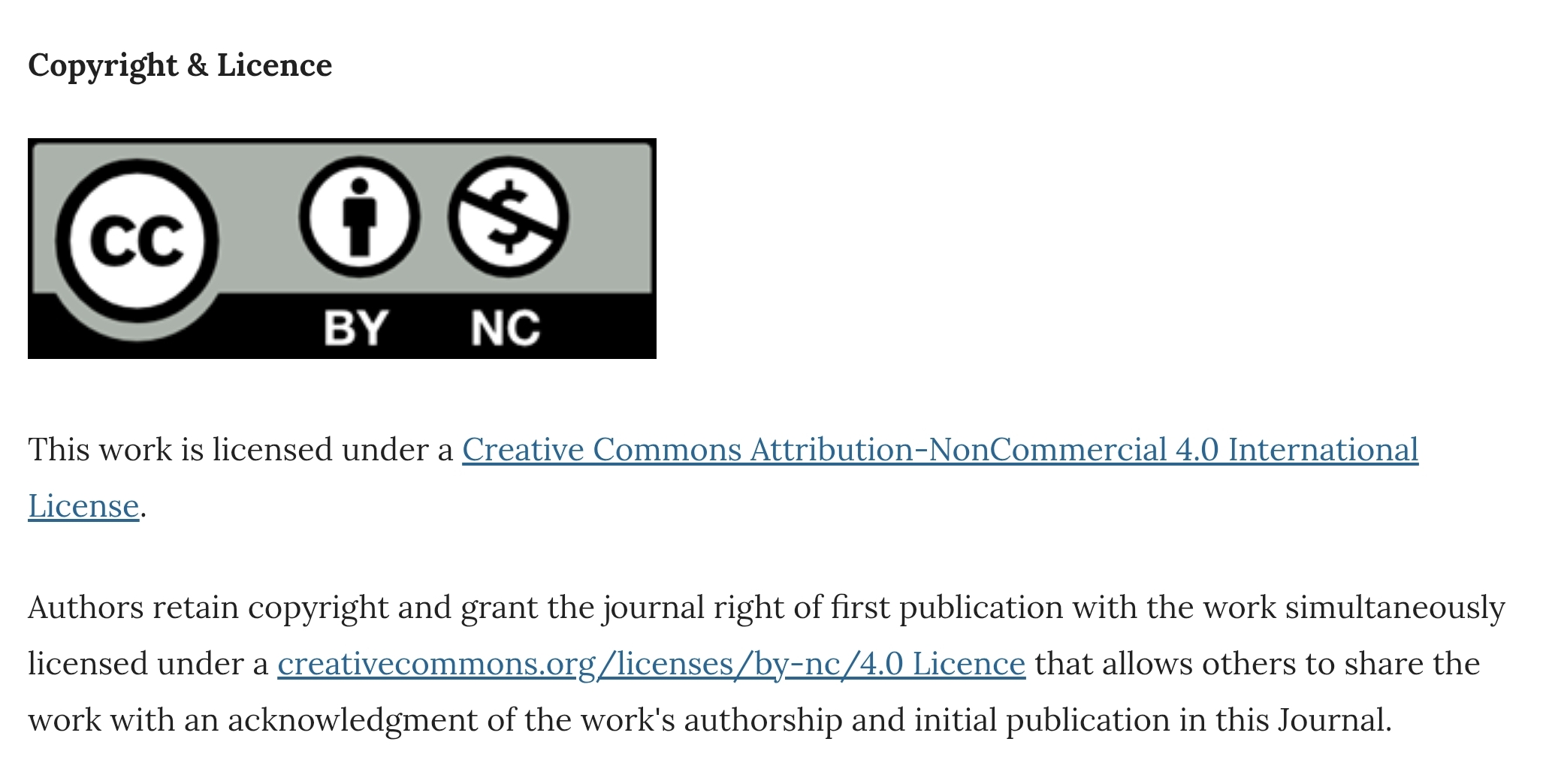Levetiracetam as a cause of delirium in elderly patient: A case report
DOI:
https://doi.org/10.30834/KJP.31.1.2018.141Keywords:
anticonvulsants, acute confusional state in older adults, medication-induced deliriumAbstract
Levetiracetam is a second generation anticonvulsant. Delirium is not a well-known adverse effect of the drug. We present the report of an 80-year-old woman with past history of schizophrenia for 45 years and memory impairment for two years, who presented with confused, disoriented behaviour with nocturnal worsening after being started on Tab. Levetiracetam for late-onset seizures. Examination revealed disorientation, fluctuation in level of consciousness, impaired attention and psychotic symptoms. Physical examination was normal, except for gait disturbance, and relevant blood, urine and CSF investigations were also normal. Neuroimaging showed diffuse atrophy and small vessel ischemic changes. No focus of infection or metabolic imbalances could be identified. The possibility of delirium due to levetiracetam was suspected and, on cross-titration with sodium valproate, her delirium cleared. This report highlights that levetiracetam can cause delirium in elderly, which brings forth the need for close monitoring while prescribing medicines in this population.
Downloads
References
Sadock BJ, Sadock VA, Ruiz P. Kaplan & Sadock’s Synopsis of Psychiatry: Behavioral Sciences/Clinical Psychiatry (11th ed.). Philadelphia: Wolters Kluwer; 2015.pp 940.
American Psychiatric Association. Diagnostic and statistical manual of mental disorders: DSM-5. Washington DC: American Psychiatric Publishing; 2013. pp. 597-602.
Krauss G, Theodore WH. Treatment strategies in postictal state. Epilepsy Behav 2010;19(2);188-90.
Delanty N, Jones J, Tonner F. Adjunctive levetiracetam in children, adolescents, and adults with primary generalized seizures: Open label, noncomparative, multicenter, long-term follow-up study. Epilepsia 2012;53(1):111-9.
Wade JF, Dang CV, Nelson L Wasserberger J. Emergent complications of the newer anticonvulsants. J Emerg Med 2010;38(2):231-7.
Werhahn KJ, Klimpe S, Balkaya S, Trinka E, Kramer G. The safety and efficacy of add-on levetiracetam in elderly patients with focal epilepsy: A one-year observational study. Seizure 2011;20;305-11.
Hwang ES, Siemianowski LA, Sen S, Patel R. Levetiracetam: an unusual cause of delirium. Am J Ther 2014;21(6): e225-8.
Hommet C, Beaufils E, Roubeau V, De Toffol B, Ripault H, Constans T, et al. Encephalopathy induced by levetiracetam in an elderly woman. Aging Clin Exp Res 2013;25(1):111-3.
Foley KT, Bugg KS. Separate episodes of delirium associated with levetiracetam and amiodarone treatment in an elderly woman. Am J Geriatr Pharmacother 2010;8(2):170-4.
Naranjo CA, Busto U, Sellers EM, Sandor P, Ruiz I, Roberts EA, et al. A method for estimating the probability of adverse drug reactions. Clin Pharmacol Ther 1981;30(2): 239–45.
Downloads
Published
How to Cite
Issue
Section
License
Copyright (c) 2019 Kerala Journal of Psychiatry

This work is licensed under a Creative Commons Attribution-NonCommercial 4.0 International License.











